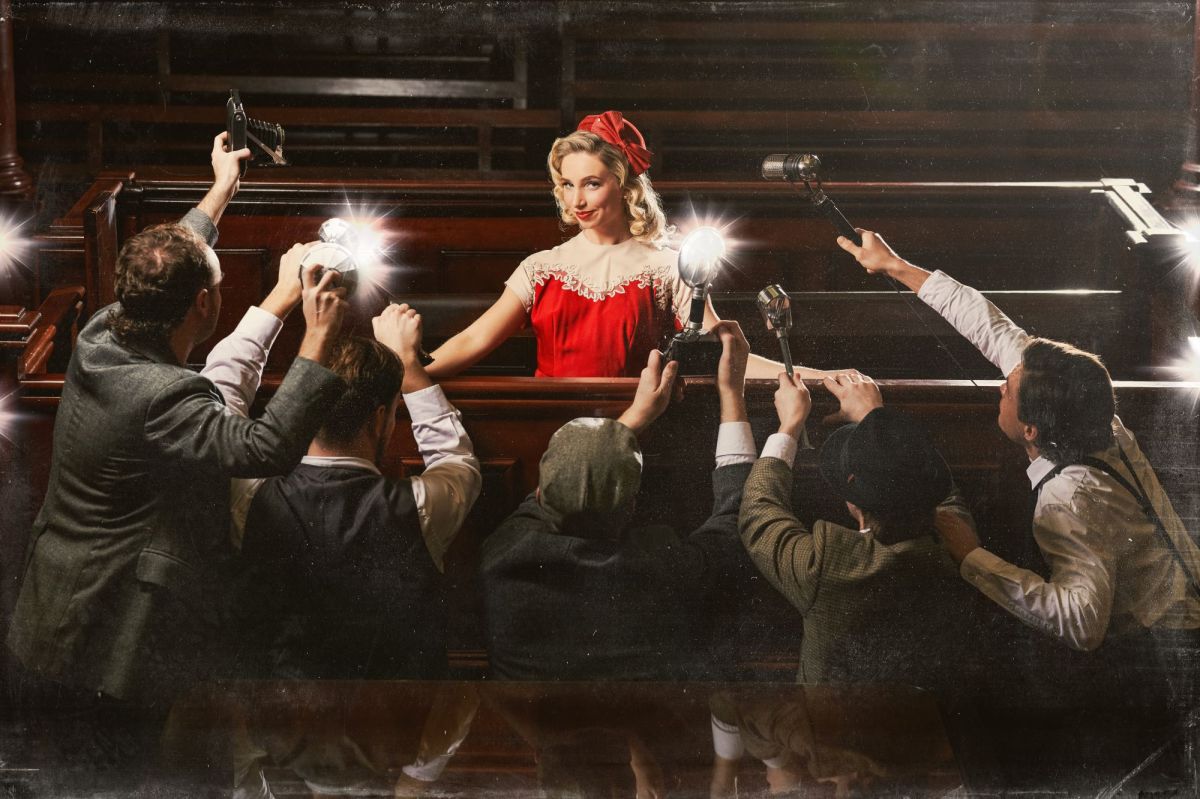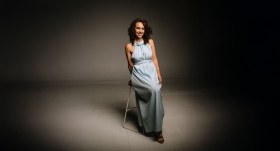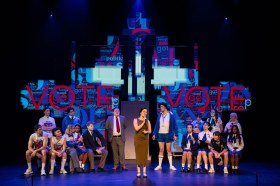“Rediscovering your city differently has been absolutely one of the key pillars of my time here at Sydney Festival,” says Festival Director Olivia Ansell. “It’s something that I really wanted Sydneysiders and visitors to this city to experience. How can we tell authentically Australian stories, Sydney stories, Gadigal stories in unusual locations, in different ways?”
Just as previous editions of Ansell’s Sydney Festival have encouraged festival-goers to experience an underwater gig at an iconic swimming pool, transformed Sydney Town Hall into an indoor beach, and invited audiences into the Harry Seidler-designed Commercial Travellers’ Association Club in Martin Place (a building known colloquially as ‘the mushroom’) to experience lucid dreaming during an overnight stay, this year’s program once again invites audiences to see the familiar streets and gardens of the NSW capital anew.





